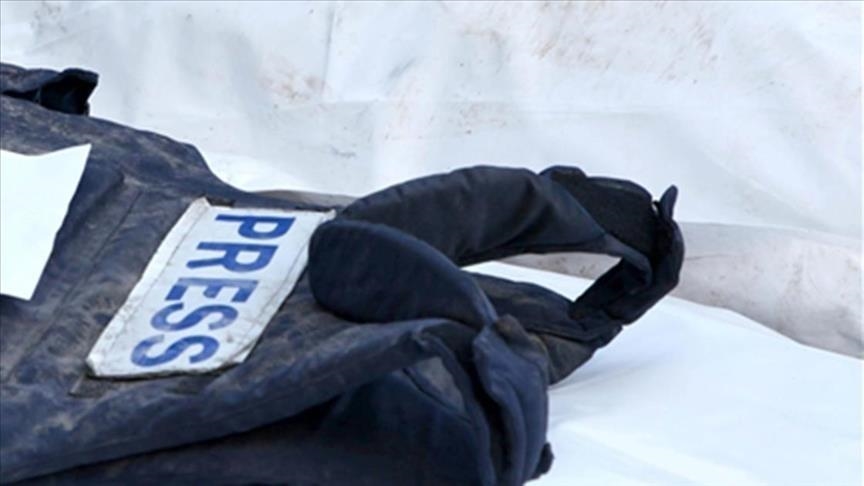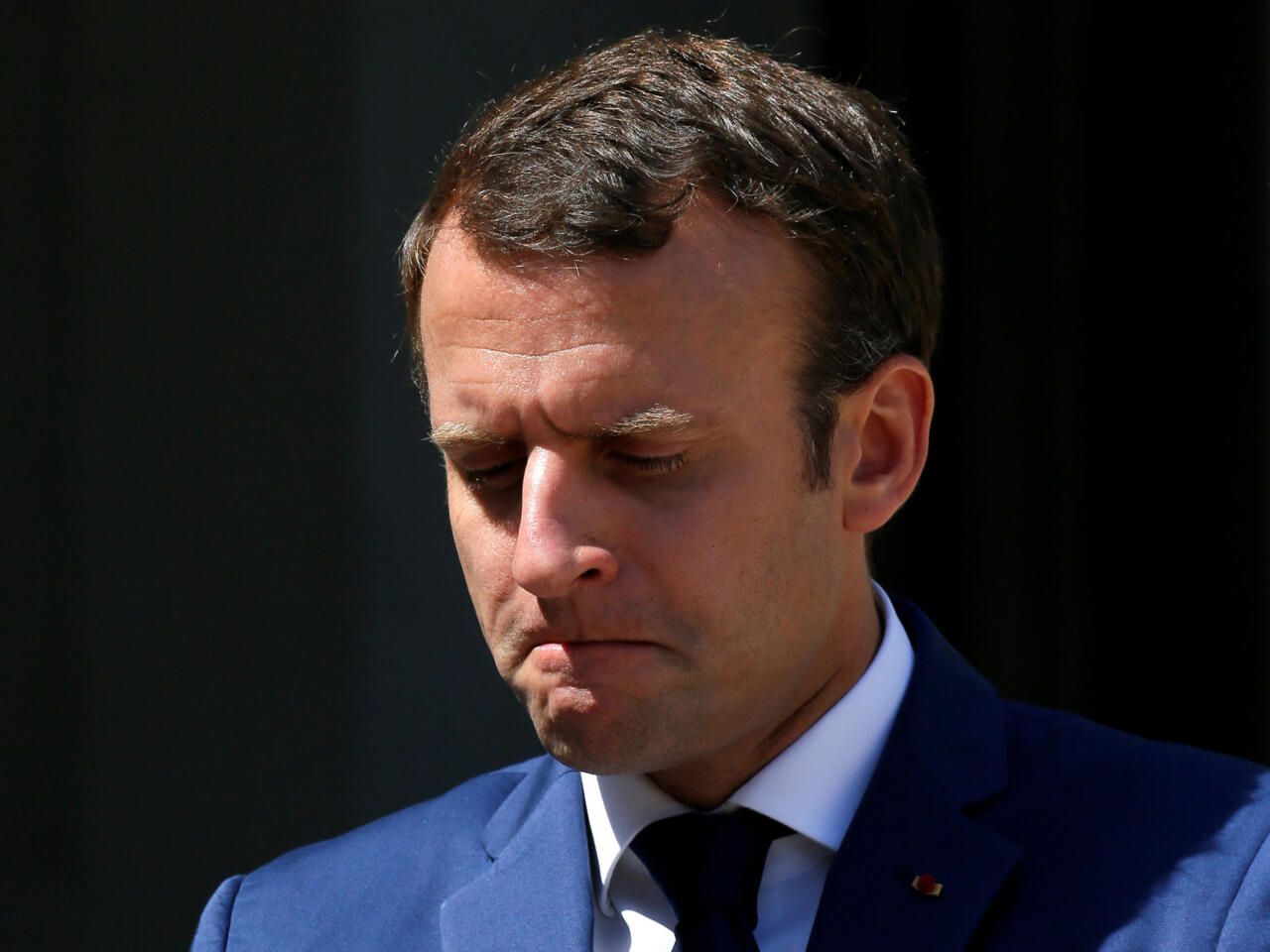Biden administration pressured Meta to censor Covid content: Mark Zuckerberg
Mark Zuckerberg told the Republican panel that in 2021, "senior officials" from the White House "repeatedly pressured our teams for months to censor certain Covid-19 content, including humour and satire."

Meta CEO Mark Zuckerberg.
India Today World Desk
New Delhi,UPDATED: Aug 27, 2024
Meta CEO says White House was frustrated after Meta refusal
Zuckerberg regrets not being more outspoken
Meta down-ranked Biden corruption story based on FBI warning
Mark Zuckerberg, in a letter to the US House Judiciary Committee of the Republican Party, claimed that the Biden-Harris administration "repeatedly pressured" his company, Facebook, to censor Covid-related posts. While expressing "regrets" for not being "more outspoken" about it, the Meta Chief Executive Officer (CEO) also alleged that his social media platform had to make certain modifications that "with the benefit of hindsight and new information," they would not make today.
advertisement
"There’s a lot of talk right now around how the US government interacts with companies like Meta, and I want to be clear about our position," Zuckerberg wrote in a letter addressed to the panel.
"Our platforms are for everyone – we’re about promoting speech and helping people connect in a safe and secure way. As part of this, we regularly hear from governments around the world and others with various concerns around public discourse and public safety."
He told the panel that in 2021, "senior officials" from the White House "repeatedly pressured our teams for months to censor certain Covid-19 content, including humour and satire."
When his company refused to agree with the censorship, the Meta CEO said that the Biden administration expressed a lot of frustration.
"Ultimately, it was our decision whether or not to take content down, and we own our decisions, including COVID-19-related changes we made to our enforcement in the wake of this pressure," he wrote.
The US House Judiciary panel posted Zuckerberg's letter on X, with the caption reading, "Mark Zuckerberg just admitted three things: 1. Biden-Harris Admin "pressured" Facebook to censor Americans. 2. Facebook censored Americans. 3. Facebook throttled the Hunter Biden laptop story. Big win for free speech."
Taking a veiled dig at the Democrats, Musk, while retweeting Zuckerberg's letter on his official X handle, said, "Sounds like a First Amendment violation."
In his letter, Zuckerberg also recounted that before the 2020 election, the Federal Bureau of Investigation (FBI) had alerted Meta to a possible Russian disinformation campaign targeting the Biden family and Burisma. Acting on this warning, Meta decided to down-rank a story that alleged corruption involving the Biden family. However, Zuckerberg clarified that, in hindsight, the decision to demote the story was a mistake, as it was not part of a Russian disinformation effort.
"That fall, when we saw a New York Post story reporting on corruption allegations involving then-Democratic presidential nominee Joe Biden's family, we sent that story to fact-checkers for review and temporarily demoted it while waiting for a reply. It's since been made clear that the reporting was not Russian disinformation, and in retrospect, we shouldn't have demoted the story," Zuckerberg said.








